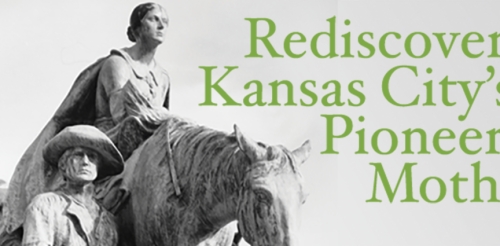The influence of the Missouri River on the urban development that first started along its banks goes beyond infrastructure and extends to the social fabric of the community, as Amahia Mallea explains in this presentation on Sunday, November 16, at 2 p.m. at the Central Library, 14 W. 10th St.
More than a source of drinking water and commercial traffic, the Missouri River has long been connected to Kansas City sewers and served as a primary disposal conduit for industrial and agricultural waste. Destructive flooding brought typhoid into low-lying neighborhoods and inspired public works projects that transformed the city. Such essential characteristics of the Missouri River still affect the daily lives of Kansas City residents.
Amahia Mallea is a history professor at Drake University who specializes in environmental history. The State Historical Society of Missouri awarded its 2007 Louis E. Atherton Prize to her doctoral dissertation, Rivers Running Through: An Urban Environmental History of the Kansas Cities and the Missouri River.
This presentation is part of the Missouri Valley Speakers Series, a program of the Missouri Valley Special Collections at the Central Library. The series is made possible in part by a grant from the National Endowment for the Humanities.


